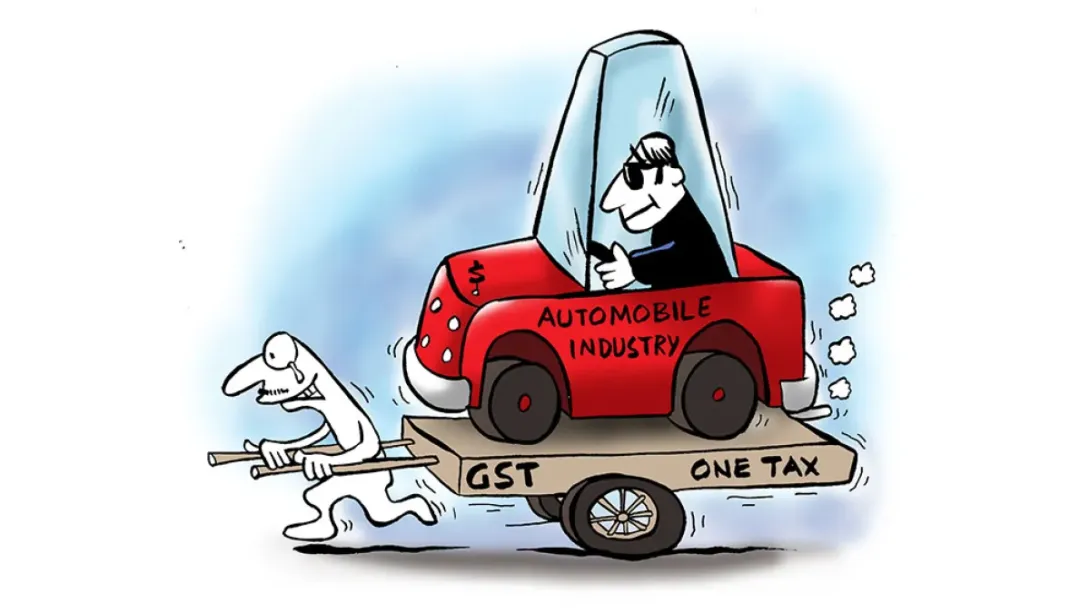The recent reduction in Goods and Services Tax (GST) rates on automobiles has inadvertently created disruptions in the auto financing market, with several customers cancelling their existing car loans to take advantage of lower vehicle prices. Lenders, dealers, and automakers are grappling with the unexpected fallout as buyers reconsider loan agreements signed prior to the tax revision. While the move to cut GST is aimed at stimulating demand in the automotive sector, it has temporarily strained financing channels and created uncertainty among lenders who face increased administrative and financial adjustments.
Impact of GST Rate Cut on Buyers
The GST reduction has made vehicles more affordable, encouraging potential buyers to revisit their purchasing decisions. Customers who had booked vehicles at higher prices before the rate cut are now cancelling loans to renegotiate terms or reapply under the revised pricing structure. For consumers, the opportunity to save thousands of rupees is too significant to ignore, particularly in a market where cost sensitivity heavily influences buying behavior.
Strain on Auto Financing Institutions
Financial institutions are bearing the brunt of these cancellations, as loan agreements that had already been processed or sanctioned are now being withdrawn. Each cancellation results in administrative costs, delayed disbursements, and disruptions to credit planning. For banks and non-banking financial companies (NBFCs), the trend introduces an additional layer of unpredictability in an already competitive lending environment. Some lenders are exploring flexible repayment structures to retain customers, though widespread cancellations remain a concern.
Dealers and Automakers in Flux
Car dealerships and manufacturers are also adjusting to the new reality. While the GST cut is expected to boost sales volumes over the medium term, the immediate effect has been a surge in order revisions and cancellations. Dealers are renegotiating contracts and processing refunds, which affects cash flow and inventory management. Automakers, on the other hand, see the disruption as a temporary challenge, with the long-term expectation of demand revival offsetting short-term volatility.
Market Outlook and Policy Implications
From a broader perspective, the GST reduction is a positive development for the automobile sector, which has faced headwinds from rising costs, slowing demand, and regulatory changes. The near-term turbulence in car loan cancellations reflects transitional pain rather than structural weakness. Policymakers are likely to view this as a necessary adjustment period before the sector reaps the benefits of higher affordability and increased consumer confidence.
Conclusion
The wave of car loan cancellations underscores how tax policy changes can ripple through interconnected sectors of the economy. While consumers stand to gain from lower vehicle prices, lenders and dealers must navigate the operational and financial complexities of cancelled contracts. In the long run, however, the GST rate cut is expected to reinvigorate automobile demand, strengthen industry growth, and provide a much-needed boost to one of India’s most important manufacturing sectors.

Comments